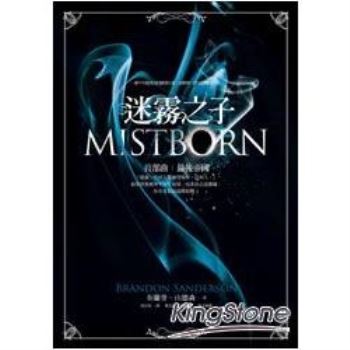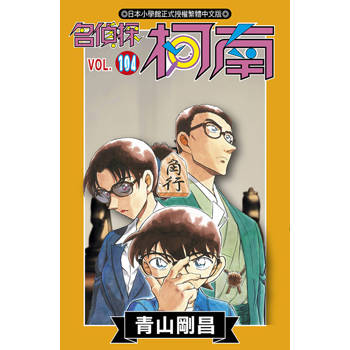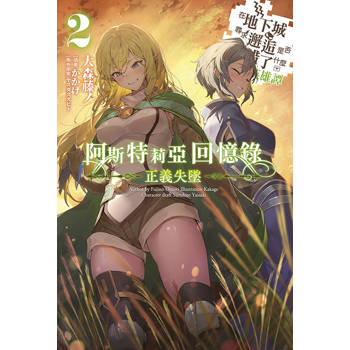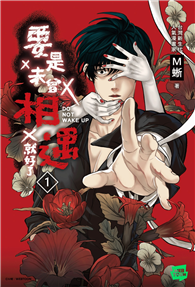| FindBook |
有 1 項符合
Alberts War的圖書 |
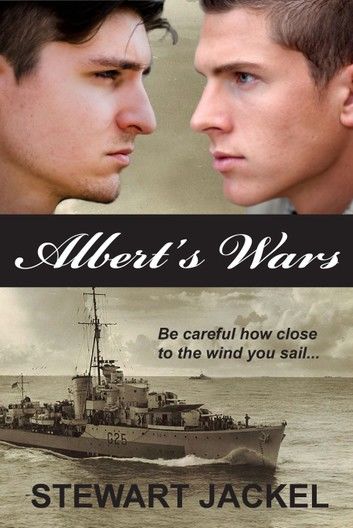 |
Alberts War 作者:Stewart Jackel 出版社:BookPOD 出版日期:2012-05-30 語言:英文 |
| 圖書館借閱 |
| 國家圖書館 | 全國圖書書目資訊網 | 國立公共資訊圖書館 | 電子書服務平台 | MetaCat 跨館整合查詢 |
| 臺北市立圖書館 | 新北市立圖書館 | 基隆市公共圖書館 | 桃園市立圖書館 | 新竹縣公共圖書館 |
| 苗栗縣立圖書館 | 臺中市立圖書館 | 彰化縣公共圖書館 | 南投縣文化局 | 雲林縣公共圖書館 |
| 嘉義縣圖書館 | 臺南市立圖書館 | 高雄市立圖書館 | 屏東縣公共圖書館 | 宜蘭縣公共圖書館 |
| 花蓮縣文化局 | 臺東縣文化處 |
|
|
圖書介紹 - 資料來源:樂天KOBO 評分:
圖書名稱:Alberts War
“Harry, stood up, not ashamed of his body. Proud of it even. In three quick moves he was dressed. Then, before Albert could move, he threw his arms around him. Thanks mate, yer a good bloke. Then he dropped his arms. Gawd. Yad did hit ya head didnt, ya? said Albert and tried hard not to grin.” Its World War II. The lives of Albert an engineer from Melbournes slums and Harry an Aussie soldier, intersect in the Indian Ocean. They become close friends but how close? Albert has learned that iron control is the only way to survive in the slums of Fitzroy in the 1940s. Even so, tough Sgt Kelly and morally bankrupt Fr Fitspatrick conspire to move him out of their suburb. He trades motorbike motors for the engines of N Class destroyers. The navy becomes Alberts life. When Harry arrives it becomes his home. But this is war. Men die. Close friends are lost. Lives are shattered. A death can destroy two men, even if one still lives, no matter how strong he is. What does his grief tell us about Albert, the teenager from Fitzroy? About the Author: Stewart Jackel taught young adults for many years and believes that young men, particularly those that read, have sharp minds that can find partly revealed truths; usually they despise being talked down to. As well as teaching Science Education (Biology and Environmental Science) to adolescents, Jackel has been head of Education at Melbourne Zoo, run his own educational consultancy business and researched for Encyclopaedia Britannica. He has also been the Treasure Chest manager for Black Dog Books. He now writes Science Curriculum materials when not writing fiction. In 2002 Jackel suffered a stroke that affected the left side of his body and rendered him a one-handed typist. Despite this setback he enrolled in Professional Writing at RMIT and finished the course with a row of distinctions, an annual prize (the Judy Duffy Award) and several manuscripts looking for a home. Jackel wants his readers to know that this yarn is founded on historical dates (the Japanese bombing of Colombo did take place on Easter Sunday 1942) and places (Moor Street does intersect with Brunswick Street and the three storey building with its follies is still standing). This first book is a great read for boys and young men who are exploring life, their sexuality and their dreams.
|
